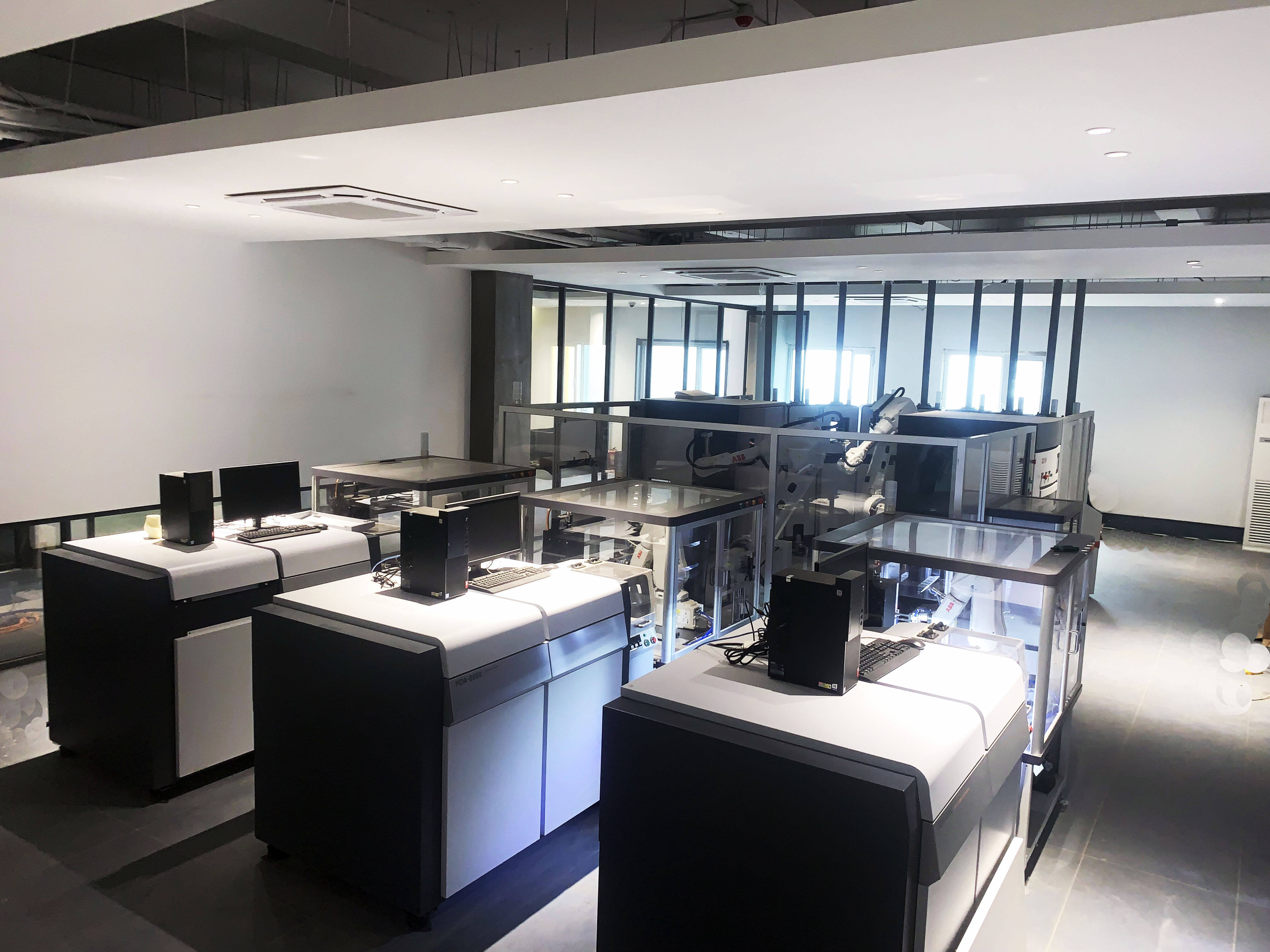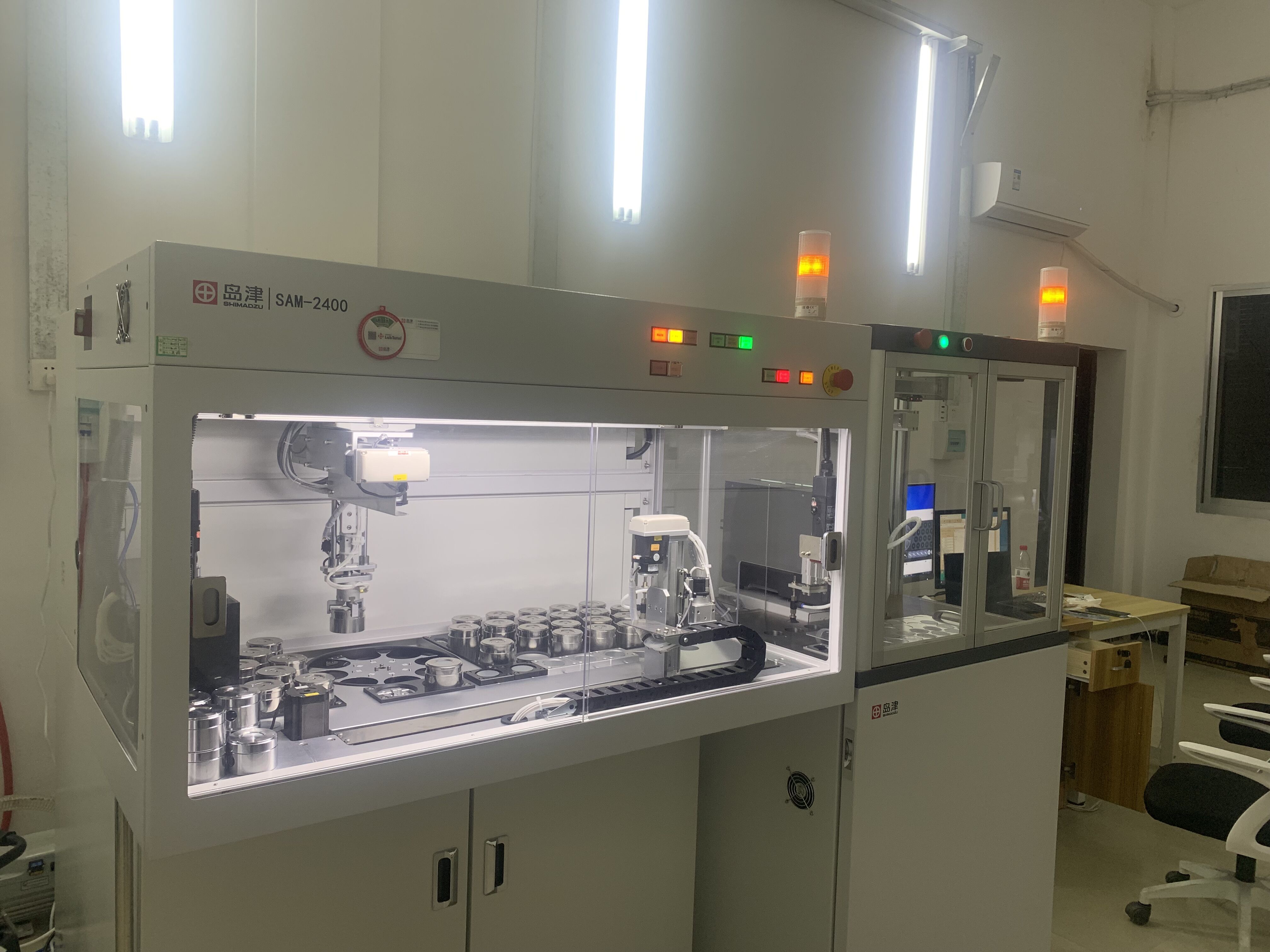modular automation
Modular automation represents a revolutionary approach to industrial processes, combining flexibility with advanced technological capabilities. This system consists of standardized, interchangeable components that can be easily configured and reconfigured to meet varying production requirements. At its core, modular automation utilizes intelligent control systems, advanced sensors, and programmable logic controllers (PLCs) to create adaptable manufacturing solutions. The system's architecture allows for seamless integration of different modules, each performing specific functions while maintaining communication through standardized interfaces. These modules can include robotic arms, conveyor systems, quality control stations, and assembly units, all working in harmony to achieve optimal production efficiency. The technology incorporates Industry 4.0 principles, enabling real-time data collection, analysis, and process optimization. This smart factory approach allows for predictive maintenance, reduced downtime, and enhanced quality control. The modular nature of the system enables rapid adaptation to changing market demands, making it particularly valuable in industries with frequent product changes or varying production volumes. Applications span across multiple sectors, including automotive manufacturing, electronics assembly, pharmaceutical production, and food processing, demonstrating its versatility and broad applicability in modern industrial settings.

